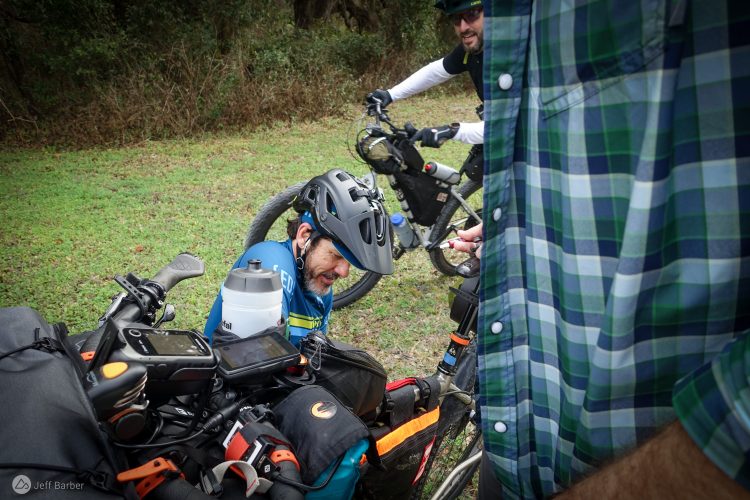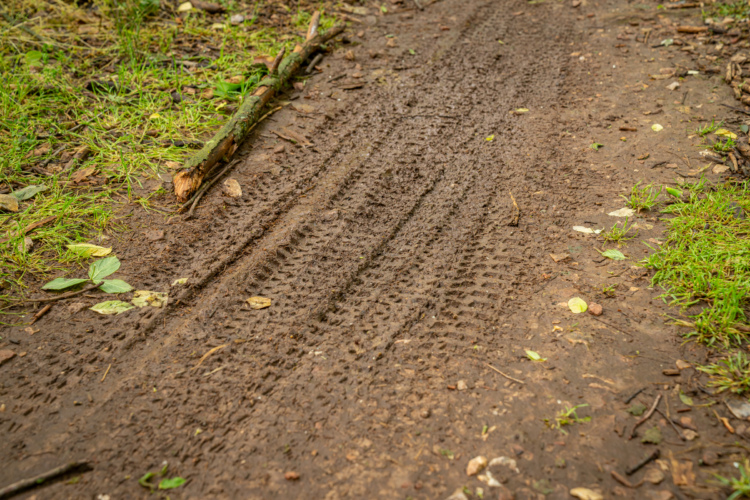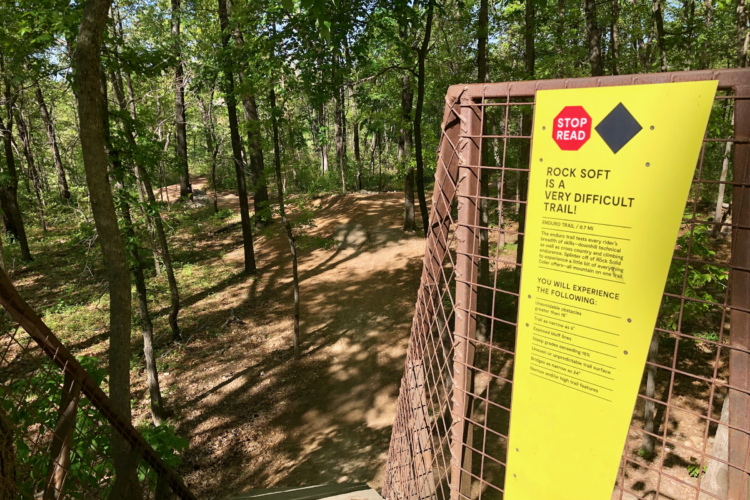
For endurance athletes at any level, the ability to deliver oxygen to working muscles through the blood is of the utmost importance. The efficiency at which athletes can provide oxygen to their bodies separates winning and losing, and amateurs from professionals. The challenge of endurance sports is much higher for those with asthma. The challenge becomes exponential during certain times of the year when irritants are higher than usual. Extreme heat, cold, and an abundance of pollen can put a damper on most people’s rides, but for those who have asthma, these conditions can be detrimental.
According to the CDC, over 25 million Americans have asthma, the most common form of which is allergic asthma. Allergic asthma is triggered by specific irritants ranging from dust, mold, and pollen and, unfortunately for some mountain bikers, exercise. When allergy triggers are prevalent, they can induce an asthma attack—symptoms of allergic asthma range from coughing and sneezing to trouble breathing. If you suspect you have allergic asthma, see a professional for proper testing and diagnosis.
For elite downhill racer Angelica Pietranton, preventing asthma symptoms from flaring up on race and training days took patience and practice. During her middle and high school years, Pietranton participated in school sports but often suffered from bronchial infections and struggled to get oxygen into her lungs. Growing up running track and cross-country in the Chicago, IL suburbs, cold weather often exasperated Pietranton’s condition. While it wasn’t until college that Angelica was diagnosed with asthma, doctors in her youth began prescribing her an albuterol inhaler to help combat her sensitivity to the cold air during fall and winter. “After workouts in the cold, I would cough for days,” explained Pietranton. “I was most likely experiencing exercise-induced asthma that went undiagnosed.”
After college, Pietranton moved to Pittsburgh and began pursuing mountain biking. “I noticed right away when I moved here [Pittsburgh] that my symptoms were getting worse,” Pietranton said.
Air quality, or perhaps the lack of quality, can seriously impact those with asthma. Pittsburgh’s air quality ranks among some of the worst in the country, and for those with asthma, the bad days can significantly alter what they can do outside. Air pollution can trigger asthma symptoms and can also be the root cause of the disease. Studies have shown that your chances of severe symptoms as an adult double on poor air quality days.

Pietranton’s asthma evolved in Pittsburgh to also include allergy-induced symptoms. The spring season can be rough for those with allergies and asthma on the East Coast, but it is also the beginning of mountain bike season for many. For Pietranton, she has evolved to take a proactive approach to battle her asthma symptoms and spend more days on the bike.
“I started getting allergy shots, and now I make sure to take a daily allergy medication,” Pietranton points out. “I also use a sinus rinse on days when allergens are really bad.” On top of allergy meds, she keeps an inhaler with her during rides just in case. In the winter, cold sensitivity requires her to wear a buff over her face while riding and running to lessen the impact of cold air on her lungs.
Fortunately for mountain bikers and lovers of the outdoors, exercise can sometimes work as a preventative measure to lessen the chance of attacks. For one, aerobic exercise can strengthen the lungs. Over time, endurance sports can improve lung function and reduce asthma symptoms brought on by movement. Since an asthma attack is an inflammatory response in the lungs, regular exercise reduces inflammation-causing proteins in the body while improving lung capacity. Regular exercise will strengthen muscles and improve cardiovascular health allowing the body to move oxygen around more efficiently. Again, check with a doctor to assess the risks before beginning any new exercise routine.
Asthma doesn’t have to be a barrier to entering a new sport or participating in one you already love. Start slow and consult with a doctor. Find a riding group or ask friends that can help you ease into riding in order to avoid aggravating your asthma right out of the gate. Pay attention to poor air quality days and if you must ride, try to get out early in the day before the afternoon’s heat worsens conditions. Some of the top mountain bike athletes, including Lael Wilcox, have asthma and also great success in spite of it. They also don’t let it get in the way of having a good time on two wheels.
Do you suffer from asthma? Tell us how it affects your riding and please share any tips you have for mountain biking.





















2 Comments
Jun 29, 2022
Jun 30, 2022